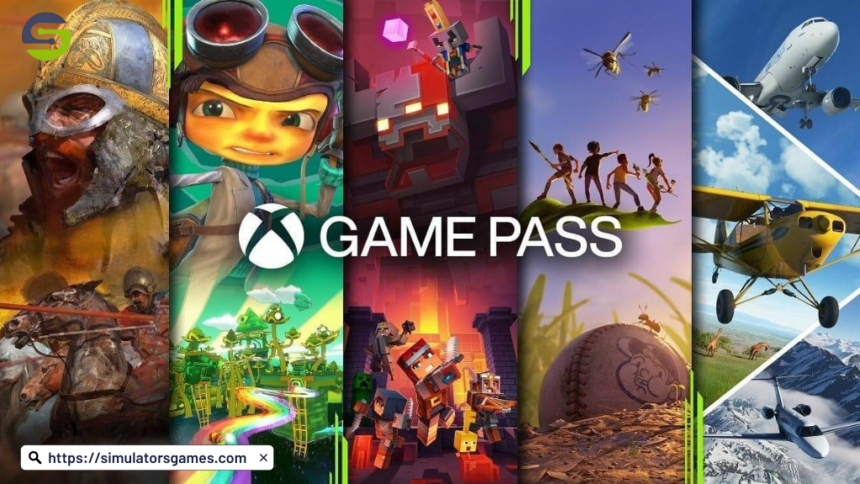Introduction:
In gaming, Xbox Game Pass has become a topic of both praise and criticism. The subscription-based service offered by Microsoft has garnered a massive following, providing gamers with access to a vast library of titles for a fixed monthly fee.
However, recent statements from industry figures shed light on a divide within the gaming community.
While developers have seen benefits from being part of Game Pass, some publishers have voiced concerns about its impact on the value of their games.
This article delves into the differing perspectives surrounding Xbox Game Pass, exploring the criticisms expressed by publishers and the positive experiences shared by developers.
The Value Debate:
During the ongoing FTC-Microsoft trial, Sony’s top gaming executive, Jim Ryan, revealed that it’s not only Sony but also other major publishers that harbor reservations about Game Pass.
Ryan stated that in his conversations with publishers, there is a unanimous dislike for the service due to perceived value destruction.
This sentiment is widely shared among publishers, with Ryan speculating that certain games, like Call of Duty, may not have appeared on Game Pass had certain acquisitions not been approved.
These comments highlight concerns about the impact of a subscription-based model on the perceived value and revenue potential of individual games.
Developer Perspectives:
While some publishers express reservations, developers have provided contrasting views on the impact of the Xbox Game Pass.
The team behind the game, Somerville, voiced concerns about reduced sales due to players opting to try games on Game Pass rather than purchasing them outright.
Co-founder of Jumpship, the studio behind Somerville, believed that the service might hinder sales because players often abandon a game if they don’t find the initial moments captivating.
However, other developers have reported positive experiences. Mike Rose, the founder of No More Robots, stated that his studio witnessed increased sales when their games were featured on Game Pass or just about to leave the service.
Despite the benefits, developers still need help gauging how many copies they would have sold outside the Game Pass ecosystem.
Impact on the Gaming Landscape:
The divide in opinions regarding Xbox Game Pass demonstrates the gaming industry’s evolving nature and the different stakeholders’ varied experiences.
Publishers worry about the perceived devaluation of their games and the potential financial implications, while developers find value in the increased exposure and potential sales boost.
Balancing these perspectives will be crucial for the industry’s sustainable growth as the gaming landscape evolves.
Finding Middle Ground:
To address the concerns expressed by publishers, Microsoft could explore options to mitigate potential value erosion.
This might involve revisiting revenue-sharing models or implementing additional incentives for publishers to embrace the subscription-based approach.
Simultaneously, developers can continue leveraging the benefits of Game Pass by creating engaging experiences that captivate players from the beginning.
Conclusion:
Xbox Game Pass has undoubtedly reshaped the gaming industry, offering players a wealth of gaming options at an affordable price.
While publishers express concerns about potential devaluation, developers have witnessed positive effects on sales and exposure.
As the gaming landscape evolves, finding a middle ground that addresses publishers’ concerns while allowing developers to benefit from the subscription-based model will be essential.
Balancing the interests of all stakeholders will be key to shaping a vibrant and sustainable future for the gaming industry.
Read More: Paramount Plus Cancels 4 Shows & Plans To Remove Them From Streaming Entirely






